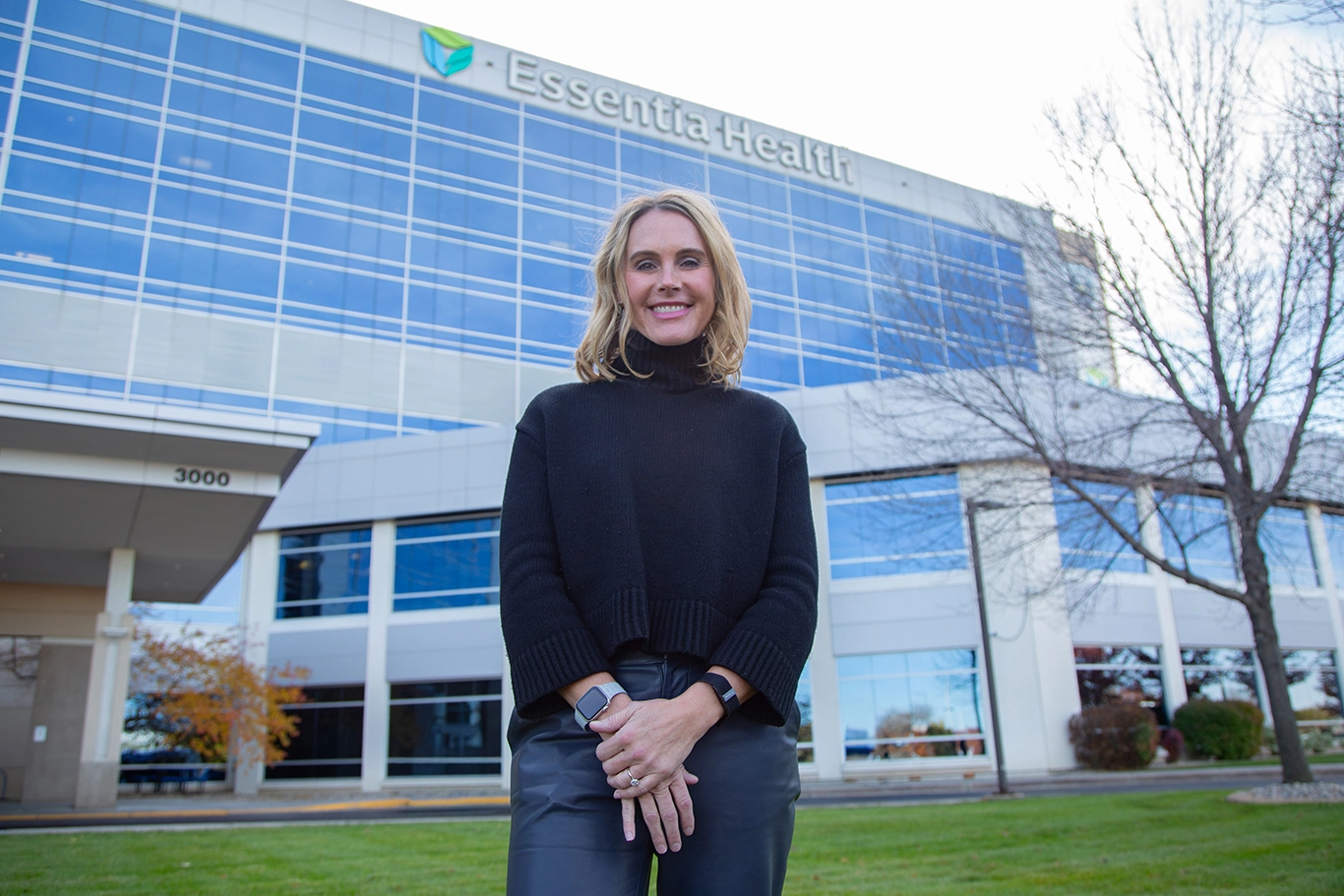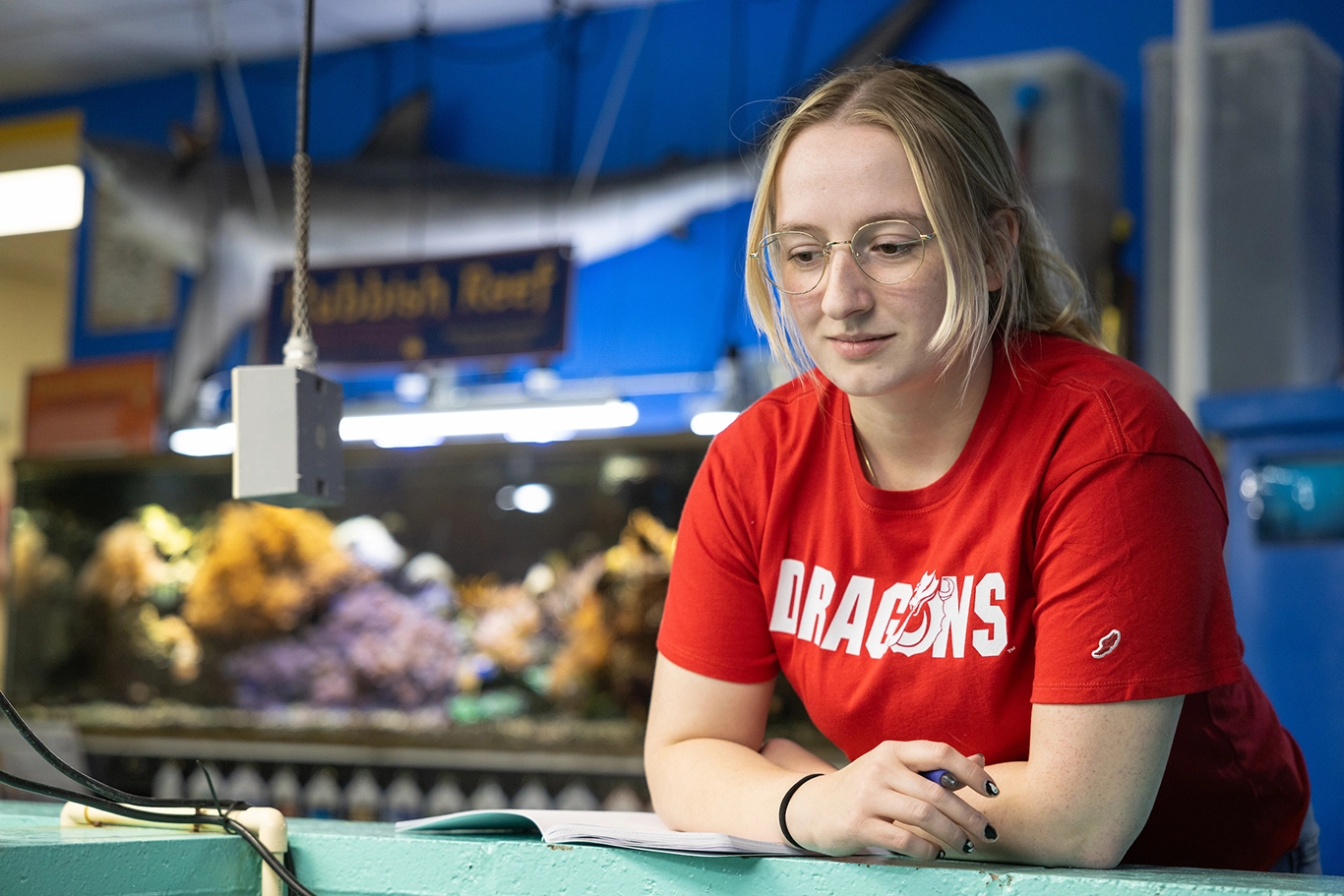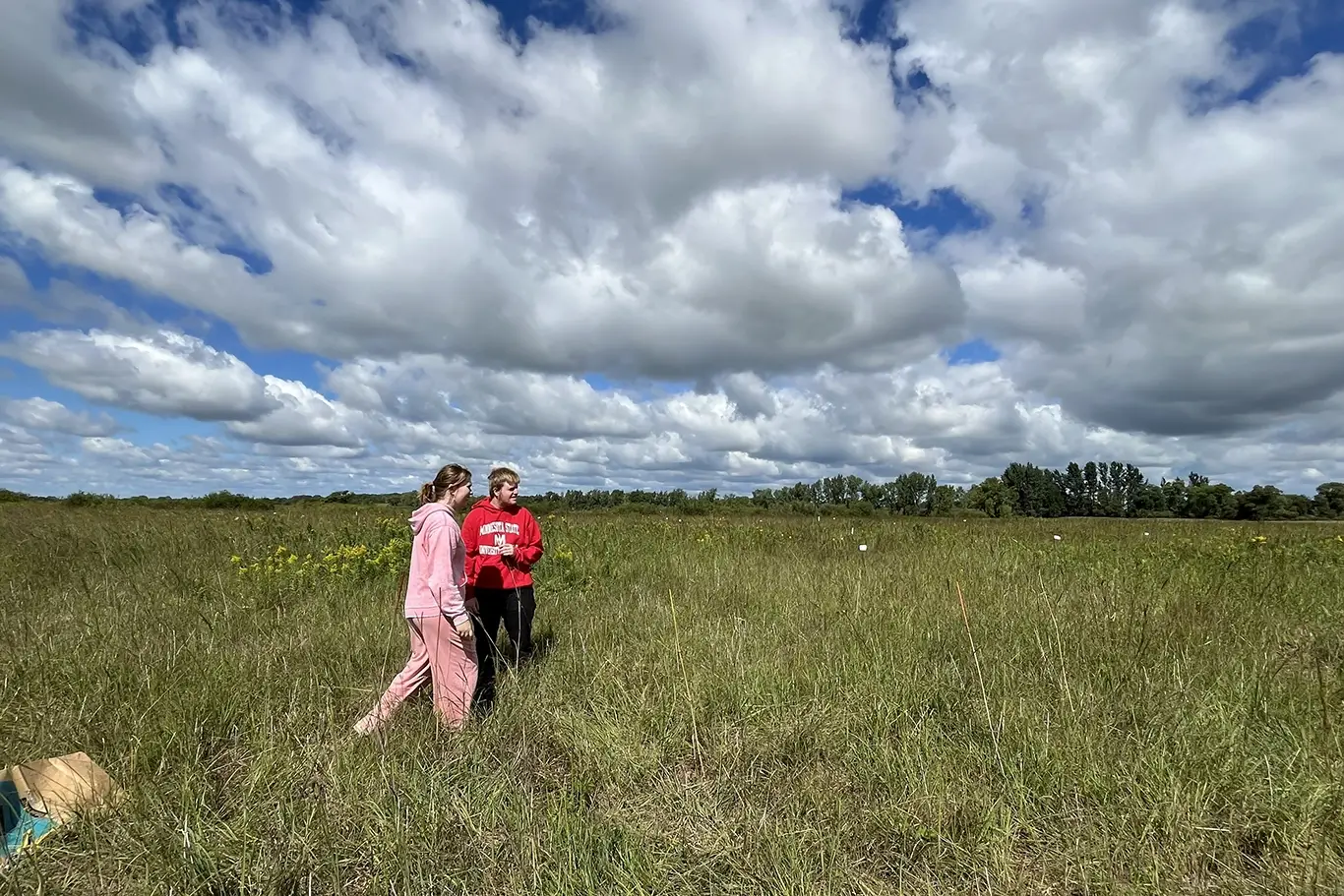Planetarium Job Leads To NASA Career
Tyler Lane loves the laser shows he used to host in the MSUM planetarium.
“It was a rock concert in there with the lights and the sound,” he says.
The 2014 graduate started working in the planetarium after taking an astronomy class as an MSUM undergrad. He had been drawn to astronomy and space sciences from an early age and thought it would be rewarding to study those interests.
The planetarium expanded his ability to do that.
“It’s a fancy movie theatre where you’re capturing the imagination of things out in the cosmos,” he says.
Lane trained to lead sessions for the astronomy courses, but soon was asked to help out with the public shows.
The experience was particularly valuable when he moved away from studying astronomy and decided to focus more on physics. He remembers when the planetarium updated its projection style. The new technology gave him the ability to better control images during presentations.
Lane sees the planetarium as a tool for passing on knowledge in a visual format. While it can be entertaining, it’s all about teaching. And that tool can be used for something besides astronomy. The planetarium’s technology means that chemistry students could use the space to examine molecules and biology students could use it to learn about cells.
“We’re all under the same sky,” he says. “(Working at the planetarium) proved I still had a passion for space and astronomy,” he says. “It kept my spirit, my fire alive.”
That fire is alive and well today. Lane went on to earn a graduate degree in electrical engineering. But he pushed and applied for an internship with NASA, which he eventually received. He now works as an engineer at Johnson Space Center in Houston.
Make Sure Your Story Is Heard
Let us know how your life has been changed by being a Dragon: tell us your Minnesota State Moorhead story today!
Send Us Your Story


